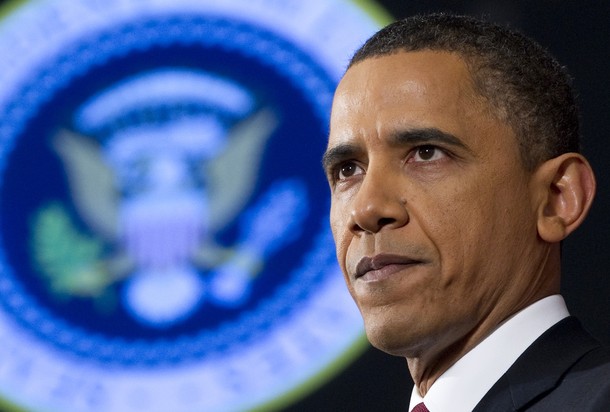
From Philip Stephens, Financial Times: The administration has tried to put foreign policy on hold for the duration of the campaign. It has a carefully crafted message: Mr Obama has taken the US out of Iraq, killed Osama bin Laden and decimated al-Qaeda, helped to overthrow Muammer Gaddafi – and he will bring home the troops from Afghanistan. Weary of foreign wars, voters like this narrative. The White House is determined that nothing should disturb it.
The strategy, as the latest turmoil has shown, is vulnerable to events. But the judgment this week seems to have been that the way to shut down controversy was to avoid all encounters with foreign leaders. If the president had met Mohamed Morsi, Egypt’s new president, then he would not have been able to refuse Mr Netanyahu. Better to shun both.
There was plenty Mr Obama could have talked about with fellow leaders. The civil war in Syria claims ever more lives and is spilling over into a wider Sunni-Shia confrontation. The Taliban are on the up in Afghanistan. The Iranian regime sounds as defiant as ever about its nuclear programme. Mr Netanyahu’s West Bank settlement programme is rendering impossible a two-state solution between Israel and the Palestinians. With the US absent from the stage, the UN gathering has to content itself with hand-wringing.
Russia and China are blamed – and rightly so – for blocking UN measures to halt the murderous repression of Bashar al-Assad’s regime. Diplomats, however, report that none is as determined as the US administration to avoid being drawn into the conflict. The message delivered to Europeans by their US counterparts is that the US does not have sufficient strategic interest to become embroiled in a Syrian civil war. The representative of one close ally of the US has been heard to remark that if Moscow really wanted to discomfit Washington it would lift its veto on international action. (photo: Getty)
Image: getty%204%2018%2011%20Barack%20Obama.jpg
